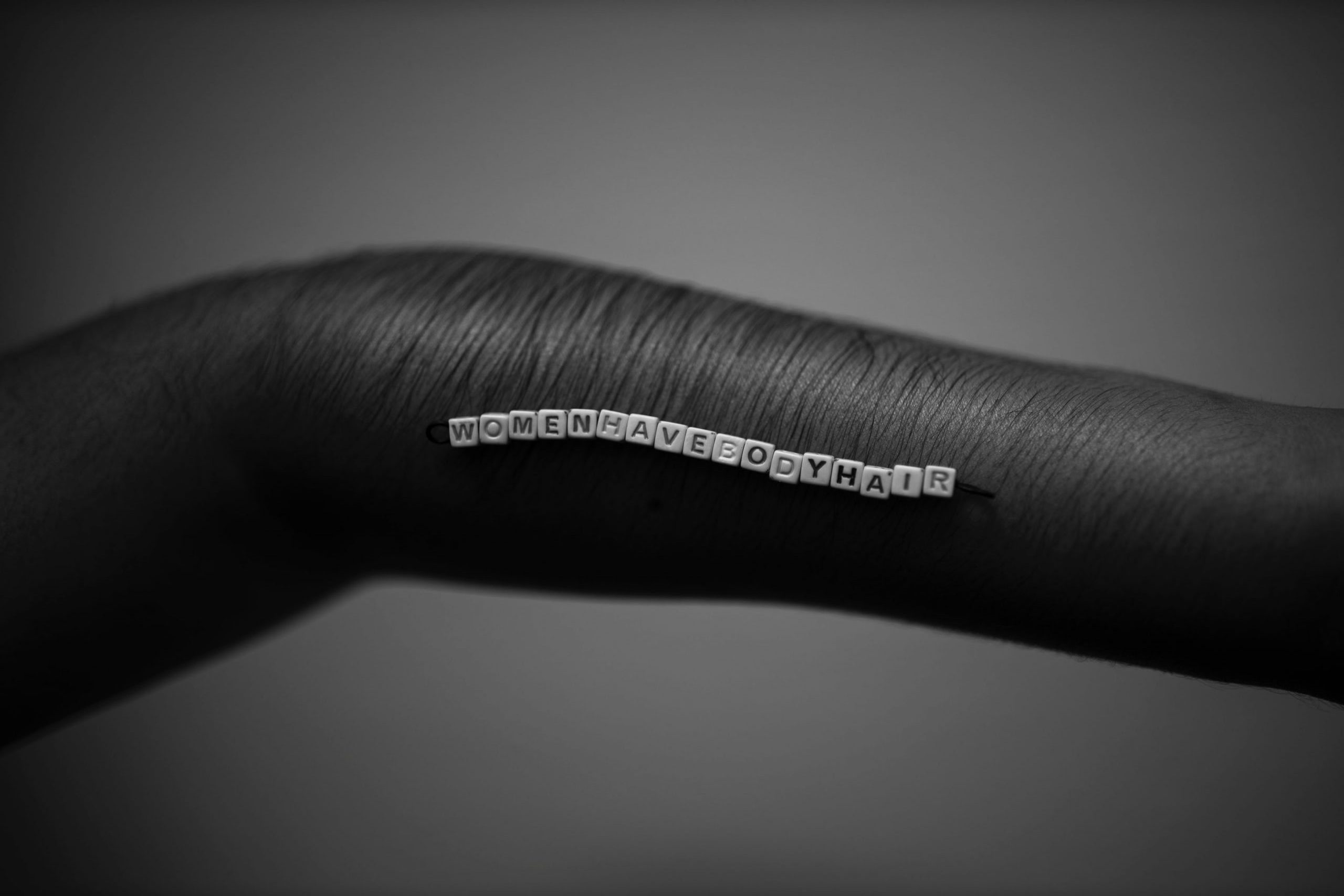
Comment Writer Samar Ahmed discusses the double standards when it comes to shaving, arguing that body hair can only be empowering in feminism when that empowerment is felt by all women – not just White women
Not wanting to shave your arm and leg hair? No problem. Don’t feel like plucking your unibrow? Who cares? Shaving your face? Dermaplaning is so in right now.
That is until you are a woman of colour.
The issue of body hair has become a hot topic in recent feminist activism. With supposedly less pressure to shave, wax, or pluck off the hair on our bodies, surely this is a sign of feminist protest. However, this activism becomes problematic when the movement is spearheaded by white women dominating the discourse surrounding the topic of body hair. Issues pertaining to some South Asian women have recently become a trend amongst white women and I believe this is problematic as it minimises the struggles many brown girls go through.
“This activism becomes problematic when the movement is spearheaded by White women dominating the discourse surrounding the topic of body hair
Growing up as a South Asian girl in a society where the sight of darker body hair is met with ridicule, mockery, and plain astonishment, yet simultaneously sees praise for White feminists for not shaving their arms, legs and underarms has certainly set my teeth on edge. After all, where was this kind of support for natural body hair during my adolescence? Does this pro-body hair movement only apply to those who have almost invisible, thin hair which can be only seen up close? If a brown woman does not shave her legs, she is stared at, made fun of, even seen as unhygienic. When a white woman does the same, all of a sudden, she is empowered, brave and an exemplar for all other women. In fact, from my own experience, the times that I have been made to feel uncomfortable about my unshaven arms has been at the hands of white women themselves, which is perhaps more common than people expect.
It seems as though not getting rid of your body hair is fine if the hairs are barely visible and are light in colour and fairly sparse. This does not apply to many of the South Asian women I know; our hair is thick, long, and often quite dark which definitely makes it more visible to others. From personal experience, young brown girls are taught the importance of waxing or shaving any facial or body hair we may have from an early age. This is not to turn this into something that sounds like ‘Woe is me!’, however, I do believe it is important to acknowledge the struggles women of colour have in regard to body hair, which perhaps other people do not have to the same extent.
Being called ‘hairy’ and pressured into shaving our arms, hands, knuckles; waxing the area between our ears and cheeks, our upper lips, all the way from our lower ankles to our thighs and anywhere else hair decides to grow is something very common amongst the South Asian community. Traditionally, I believe this pressure has derived from white women themselves, as a form of internalised misogyny, but it also stems from cultural roots. When visiting Pakistan in my childhood to visit distant family, I would always see my aunts and female cousins getting regular waxes, on almost any and every part of their body. While getting rid of unwanted body hair certainly can be empowering and increase confidence, having the option to not meticulously wax ourselves into hairless oblivion without judgement, can be even more empowering for brown women, but within mainstream feminist circles, the support is merely not there for this.
Unfortunately, due to patriarchal and racist beauty standards, not removing one’s body hair is simply not an option for some women of colour. It is often not worth the odd stares and teasing remarks and even looks of disgust you receive as a brown woman when your upper lip hair and unibrow are not waxed or shaved. Trying to remain hairless in visible places is simply a routine for many South Asian women, a weekly or monthly ritual. It is great to see more acceptance of body hair as something extremely natural, however, it must be ensured that this includes hair of all types, lengths, and thickness.
“Feminism is not a movement for equality until it includes all people of colour and allows the recognition of the struggles different women go through
Intersectionality is deeply needed in feminist activism to make sure the movement does not alienate people of colour. The body hair debate is just one example where the voices beyond white feminists are drowned out, marginalised, and talked over. When brown women have been struggling for decades with the need to stay hairless in a white patriarchal society, why is it now a fun trend to not shave our legs and underarms? Is this ‘trend’ even inclusive of women of colour who have darker, thicker, more noticeable body hair, in places where it is thought hair is not meant to grow at all? Feminism is not a movement for equality until it includes all people of colour and allows the recognition of the struggles different women go through.
More From Comment
Body Positivity on Instagram: The Condescending Side

Comments